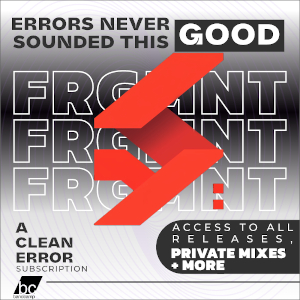What makes this Voyage, indeed our (listening) voyage, resonate is not the literal of the littoral, of dock to deck to descent, but the figurative force; its ripples and waves, pitches and tosses, the lulls and lurches of life and its times paralleled.
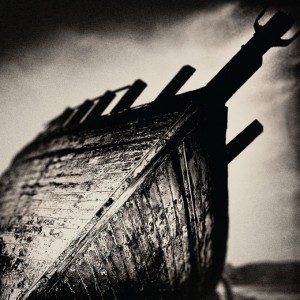
 The sea has exercised the Muse of composers over the years, from classical types like Debussy (La Mer) and Vaughan Willams (A Sea Symphony) to avant-gardists, notably Gavin Bryars (The Sinking of the Titanic) and Nurse With Wound (Salt Marie Celeste). Ambient has joined in, with Aloof Proof’s cult classic, Piano Text meriting mention in this context too, as does the more recondite Andrew Liles and his The Dying Submariner. More recently the call of the watery wild was heard by minimal guitar drone don Gareth Hardwick, who re-animated his under-the-radar Of the Sea and Shore for Low Point, and the desire for a musical aquatic life has here seduced another navigator. Spheruleus—Harry Towell, to his Mum—is in the vanguard of a burgeoning UK ambient drone community with his netlabel Audio Gourmet, where he has previous form—as well as on Test Tube, Resting Bell, Earth Mantra, and Under The Spire. And now via kindred spirit label Hibernate comes this programmatic Voyage, audio-document of the emotional gamut run over the course of a doomed sea-voyage – from the pride felt on setting sail, to the fear and trepidation and sadness attending its sinking, and the dolours of demise.
The sea has exercised the Muse of composers over the years, from classical types like Debussy (La Mer) and Vaughan Willams (A Sea Symphony) to avant-gardists, notably Gavin Bryars (The Sinking of the Titanic) and Nurse With Wound (Salt Marie Celeste). Ambient has joined in, with Aloof Proof’s cult classic, Piano Text meriting mention in this context too, as does the more recondite Andrew Liles and his The Dying Submariner. More recently the call of the watery wild was heard by minimal guitar drone don Gareth Hardwick, who re-animated his under-the-radar Of the Sea and Shore for Low Point, and the desire for a musical aquatic life has here seduced another navigator. Spheruleus—Harry Towell, to his Mum—is in the vanguard of a burgeoning UK ambient drone community with his netlabel Audio Gourmet, where he has previous form—as well as on Test Tube, Resting Bell, Earth Mantra, and Under The Spire. And now via kindred spirit label Hibernate comes this programmatic Voyage, audio-document of the emotional gamut run over the course of a doomed sea-voyage – from the pride felt on setting sail, to the fear and trepidation and sadness attending its sinking, and the dolours of demise.
[soundcloud url=”http://api.soundcloud.com/tracks/24570083″ width=”100%” height=”166″ params=”auto_play=false&show_artwork=false&color=000000″ iframe=”true” /]
The Lincolnshire tonesmith revisited an old demo to harvest base material, adding sonorities from an armoury of instrumentation—colourings from guitar, violin, trumpet, bugle, zither and keyboard bring it to compositional fullness. The whole exudes a corroded majesty, run through by the sound of the eponymous decomposition and debris of his previous Audio Gourmet research. The pristine pride of outset passes soon toward darkening deep, and like Bryars’ Titanic work—incidentally, acknowledged by Towell—the sense of descent and submersion is palpable, the mood-sound growing increasingly woozy/oozey, raw materials in liquefaction and dissolution: in “Set Sail” the rusty saw of a violin emerging from a dense murk; an ominous air creeping up on “Clouds Swarm,” fuelled by the piano ostinatos of Alex Tiuniaev; the crackle cloak of “Submerging” shot through with light shards flickering under the waters as the ship descends; the reverb-sodden violin saws of “Liquid Rust” hinting at structural depredations; the sinking signaled by the surrender of sonorous matter to the solitary rotations of a vinyl groove. Once submerged, a noise suggestive of snapping sub-aquatic micro-life, prevails, passengers and crew seemingly effaced. And finally, “The Afterlife of a Ship” takes over, as guitar and keyboard commingle with sundry detritus into a chronostatic mass that teems extendedly—the sound of breaking timbers, a gathering decay, as all cedes to sea.
Throughout full semiotic caché is derived from an array of crackle and creak, rattle and clunk, sounding the depths of the aquatic, of structure strain, of myriad movements of and through the big blue. No doom-y affair, thanks to the restraint and beauty of Spheruleus’ sonorities, which adumbrate a hollow ache to an overweaning sombre tenor. What makes this Voyage, indeed our (listening) voyage, resonate is not the literal of the littoral, of dock to deck to descent, but the figurative force; its ripples and waves, pitches and tosses, the lulls and lurches of life and its times paralleled. Without reference to specific vessels, the universality of the ship, its passage and demise feeds the imagination, leaving it to make wider, perhaps existential, connections. A parable for the human condition? It’s all in the text—make your reading.








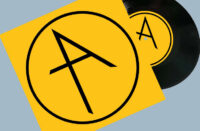
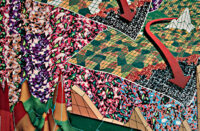
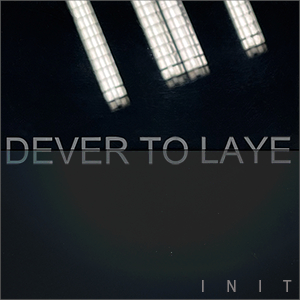
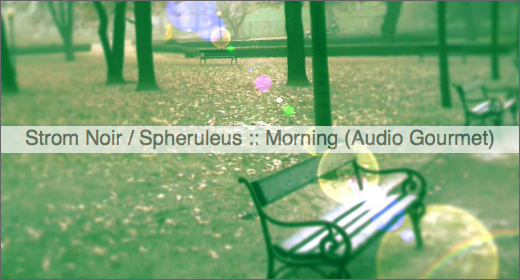
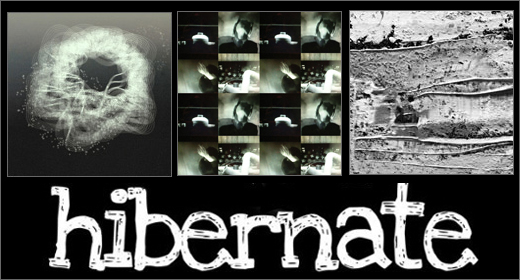
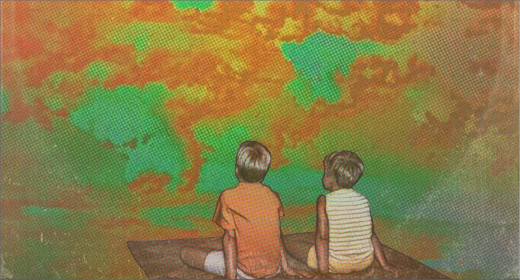

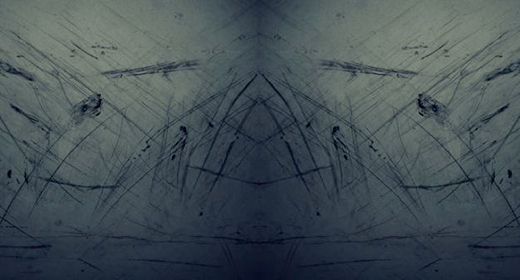


![Allmanna Town :: 1911 EP (Self Released) — [concise]](https://igloomag.com/wp/wp-content/uploads/2025/03/allmannatown-1911_feat2-75x75.jpg)






